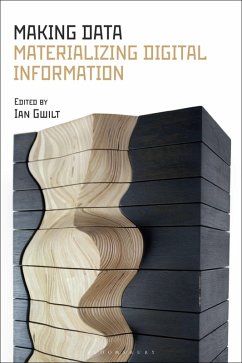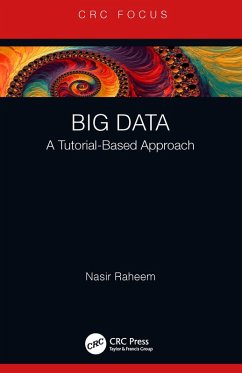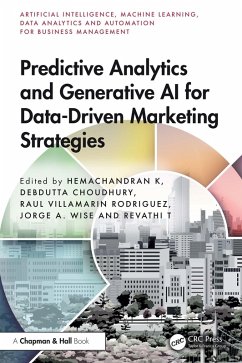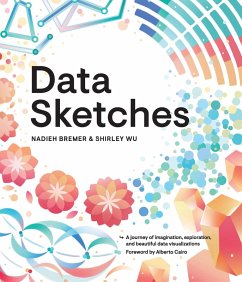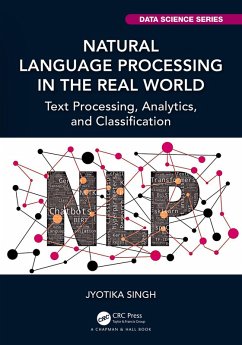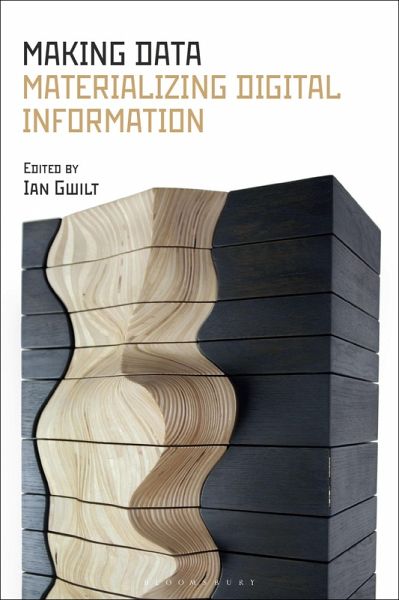
Making Data (eBook, PDF)
Materializing Digital Information
Redaktion: Gwilt, Ian
Versandkostenfrei!
Sofort per Download lieferbar
73,95 €
inkl. MwSt.
Weitere Ausgaben:

PAYBACK Punkte
37 °P sammeln!
For many outside of the scientific community, big data and the forms it takes, such as statistical lists, spreadsheets and graphs, often seem abstract and unintelligible. This book investigates how digital fabrication and traditional making approaches are being used to present data in newly engaging and interesting ways. The first part of the book introduces the basic premise of the data object and the concept of making digital data into a physical form. Contributors cover topics such as biometrics, new technology, the economics of data and open and community uses of data. The second part pres...
For many outside of the scientific community, big data and the forms it takes, such as statistical lists, spreadsheets and graphs, often seem abstract and unintelligible. This book investigates how digital fabrication and traditional making approaches are being used to present data in newly engaging and interesting ways. The first part of the book introduces the basic premise of the data object and the concept of making digital data into a physical form. Contributors cover topics such as biometrics, new technology, the economics of data and open and community uses of data. The second part presents a selection of exemplar forms and contexts for the application of data-objects, such as smart surfaces, smart cities, augmented reality techniques and next generation technical interfaces that blend physical and digital elements. Making Data delivers the importance and likely future prevalence of physical representations of data. It explores the creative methods, processes, theories and cultural histories of making physical representations of information and proposes that the making of data into physical objects is the next important development in the data visualisation phenomenon.




